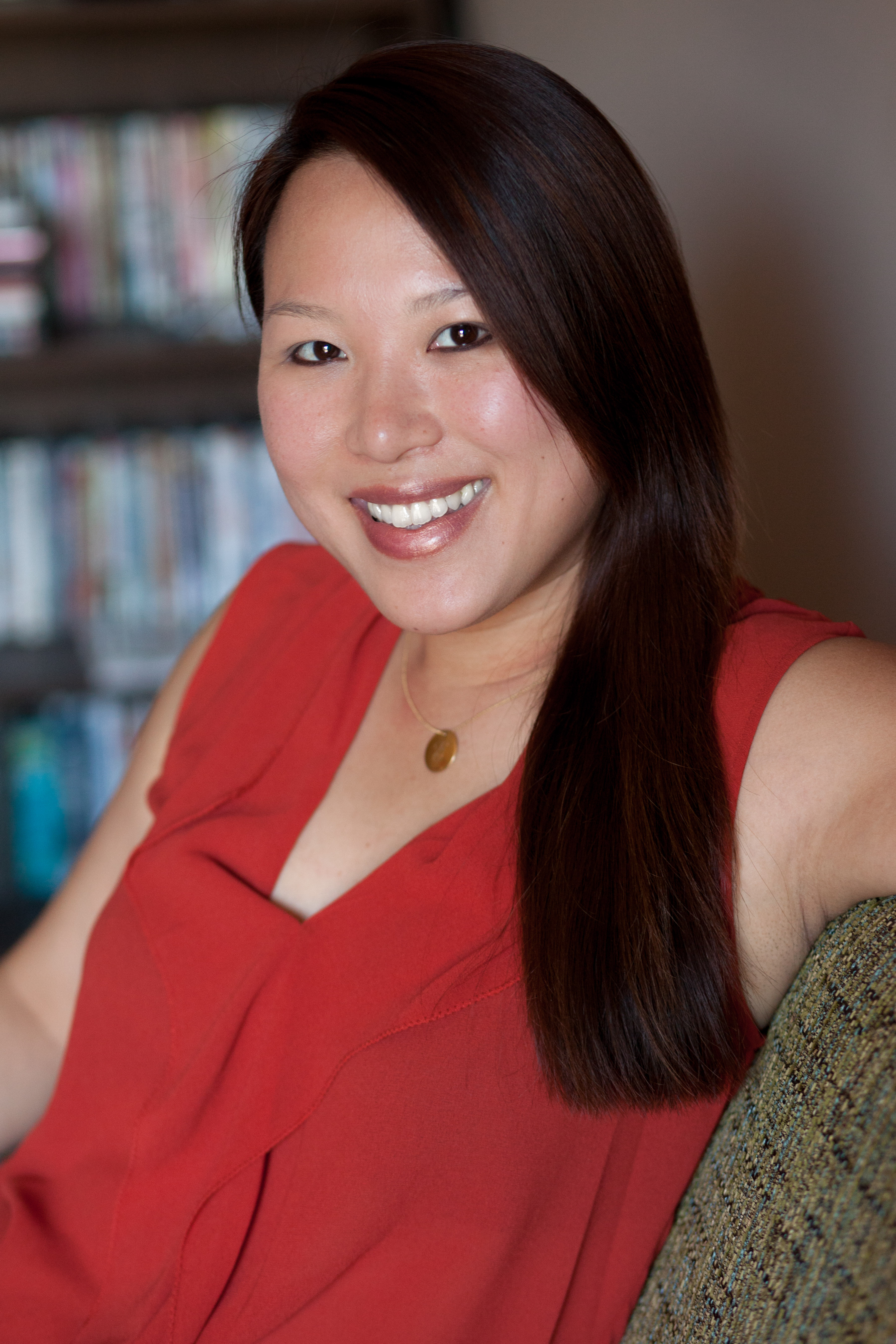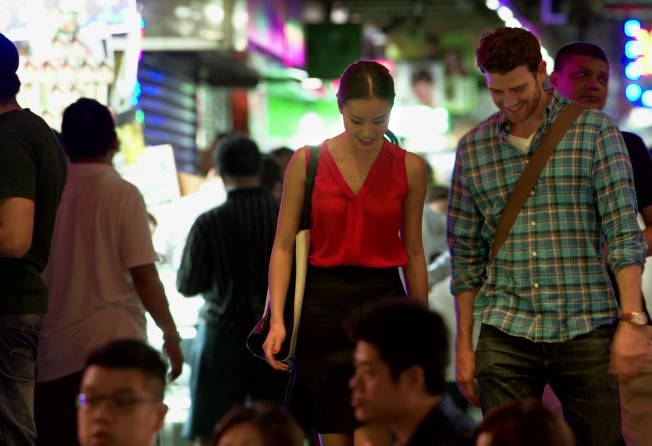
Emily Ting Talks Where Film and Expats Collide
Her indie romance “Already Tomorrow in Hong Kong” captures a chance encounter between an Asian toy designer and an American who shows her the city in one night.

How was the reception at the Hong Kong premiere, at the Reel Women Film Festival? The film is very much for the expat community, it’s a westerner’s perspective of Hong Kong. I wasn’t sure how local Hongkongers were going to like the movie. But on the second night, a lot of them came to watch it. [A woman in the audience] said to me, Hong Kong for the past couple of years has been identified by all this political turmoil, and she felt like the film brought her back to a simpler time, reminding her of how special and beautiful this city is. In a way it became a time capsule of Hong Kong: We shot the movie in June of 2014. I remember very distinctly we locked picture in September 2014, and all of the US crew went out and had drinks to celebrate, and the next day we woke up to news of all the unrest. That really moved everyone in the audience.

You grew up in the US, but previously lived in Hong Kong for a few years. Did you base the character of Ruby, played by Jamie Chung, off of your personal experiences here?
In my early 20s after film school, my dad asked me to come back to Hong Kong to learn about the family toy business. I spent five years in Hong Kong as an expat. I channeled so much myself into the protagonist Ruby. On a superficial level, she’s a toy designer. The whole experience was based on a chance encounter [with a guy] that I had in Hong Kong. We spent the night talking and I thought we had a connection, but turns out he had a girlfriend. I just felt so stupid. He didn’t lie, but he was withholding information as well. The real-life encounter was definitely not as romantic as the movie. That’s why you make movies!
Do you think the whole expat experience in Hong Kong is unique to the city? I’ve heard of the term “expat,” but until I moved to Hong Kong I hadn’t really given it a second thought. It was a very interesting concept to me. I’m Asian, so to the outsider it looks like I’m returning home. But I felt more at home in the US, where I was an immigrant. The movie touched a little upon the difference between an expat and an immigrant, and when I first got to Hong Kong, [I noticed] there was a more glamorous connotation to be an expat. It’s very white collar, you’re here for maybe just a few years, and you eventually go home. To me, moving to the US felt more permanent than me returning to Asia. I found that to be very ironic.
Do you think it’s hard to find love in Hong Kong? I do, at least speaking from my own experience when I lived here, the city can feel kind of alienating sometimes: Just because it’s so fast-paced, and people have a very high work ethic—people are always OT-ing until 10 or 11pm at night. For the first couple of years here I did feel pretty lonely, and when you do meet someone that you do have a connection with, it feels extra special.
How was it filming in the middle of June here in 2014? [Producer] Sophia Shek keeps calling us the luckiest film crew, ever. As per Hong Kong tradition, we had the blessing ceremony on the first day of shooting. We had a 14-day shoot, and it actually rained every day during the shoot, but somehow we managed to skirt around it. We would shoot for a few hours and then it would start pouring; it always sort of waited until after we were done before it would rain.

What was the biggest obstacle during filming? Actually, the biggest obstacle to us shooting the movie was drunken expats in SoHo. When we were shooting on Elgin Street and the Mid-Levels Escalator, on a Friday or Saturday night, there were a lot of drunken expats everywhere: They were hardcore harassing us and yelling at Jamie and Bryan to get off their street. I came very close to nixing the Escalator scene. Instead, we moved to a more remote area up the Escalator, looking like they just got off on Elgin. I sent Sophia around to buy a lot of people shots, saying, “If you can be quiet for five minutes, we’ll buy a round of shots.”
Why wasn’t the world premiere for the movie held in Hong Kong? We finished all of post-production in December 2014, and we always assumed that we would premiere the movie at the Hong Kong International Film Festival in 2015. But I realize now that that was very presumptuous of us. You can’t just make a movie in Hong Kong and assume you will get in. They still have to like the movie. They didn’t like it, and I have to respect that. We ended up world premiering at the Los Angeles Film Festival, and the first six months of our festival tour ended up being in the US.
What do you think people would be surprised to find about the movie? I think the biggest thing that a Hong Kong person would have a problem with in the film, is the geography. I almost have to give a disclaimer before every screening. I wanted to showcase my favorite places in Hong Kong, so I took a lot of artistic licenses with the routes. That was brought up at both screenings [at the Reel Women Film Festival], people said “but that’s not the way to Lan Kwai Fong!” You could get caught up in the geography and not enjoy the film, or you could believe in movie magic and go along for the ride. I’m well aware that’s not the way to Lan Kwai Fong, and I hope you can forgive me.
Editor's Note: This article was edited on April 18, with some modifications requested by the interviewee regarding the chance encounter that inspired the film's storyline and also the nature behind the film's world premiere in Los Angeles, rather than Hong Kong.